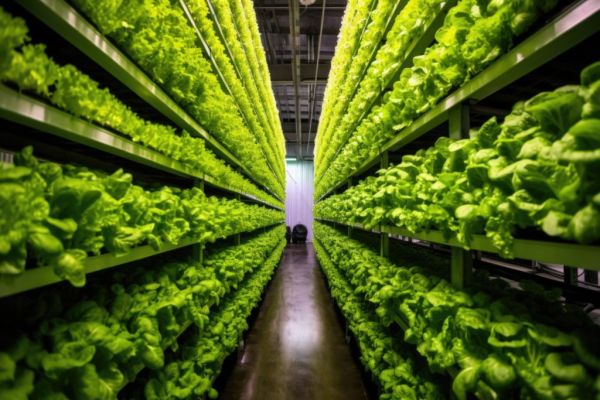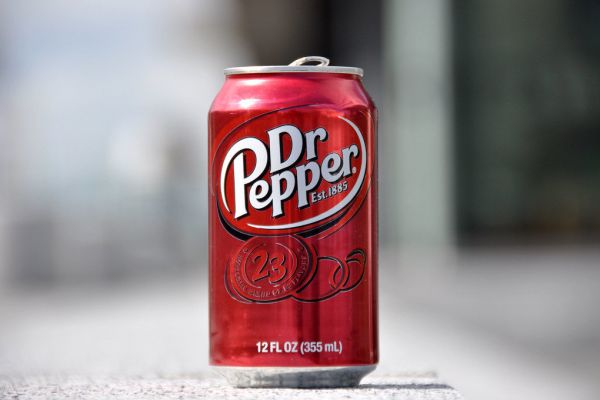More than 60% of businesses are 'off-track' from meeting their sustainability goals, a new study by Bain & Company has found.
With extreme weather prompting global environmental concern around the globe, Bain & Company undertook the study to examine the top sustainability concerns for business leaders, their customers, and their employees.
The study found that close to two thirds (64%) express a 'high level of concern' about sustainability, with most stating that their concerns have intensified over the past two years, prompted by extreme weather and climate change.
Sustainability Premium
Notably, it also found that consumers, on average, would be willing to pay a 12% premium for sustainable products, although most consumers believe that that eco-friendly products are currently priced too high.
Pricing is cited as a prominent concern when seeking sustainable products – for instance, in the United States, consumers are willing to pay an 11% premium for products with low environmental impact, but the actual average premium for such products is 28%.
In markets with heightened environmental concern, such as India, Indonesia, Brazil, and China, consumers are prepared to pay an even higher premium, ranging from 15% to 20%, for products with minimised environmental impact. Conversely, consumers in the UK, Italy, Germany, and France express a willingness to pay an extra 8% to 10%.
Identifying Sustainable Products
At the same time, the study found that consumers 'struggle' to identify sustainable products, and also 'don't trust' corporations to develop them, despite sustainability being one of the top four purchase considerations for 50% of shoppers.
While many use labels and certifications to identify sustainable products, a significant portion struggle to accurately explain the significance of said logos, such as 'organic' or fairtrade' indicators.
According to Bain, this is linked to general distrust with corporations – 28% of consumers trust large corporations to produce genuinely sustainable products, in contrast to the 45% who express trust in small, independent businesses.
Shifting Consumer Behaviour
The study further indicates that consumer behavior regarding environmental concerns can shift more rapidly than many companies predict, especially when government intervention is a factor.
A case in point is China, which implemented financial incentives for electric vehicles in 2009. Currently, 19% of Chinese consumers claim to drive electric cars, a notably higher percentage compared to the global average of 8%.
'Sustainability Ambitions'
"We have spoken to thousands of executives about their sustainability ambitions and the associated trade-offs," said François Faelli, partner and head of the global Sustainability practice at Bain & Company.
"They know they have a key role to play in the energy and resources transition. Many view this as their legacy, but they are worried about the growing gap between their progress and public commitments. While it will not be easy, there are three levers CEOs must prioritise: policy, technology, and behaviour."














